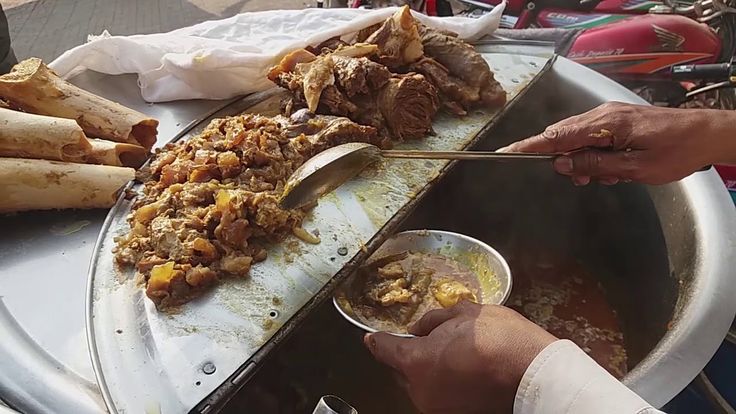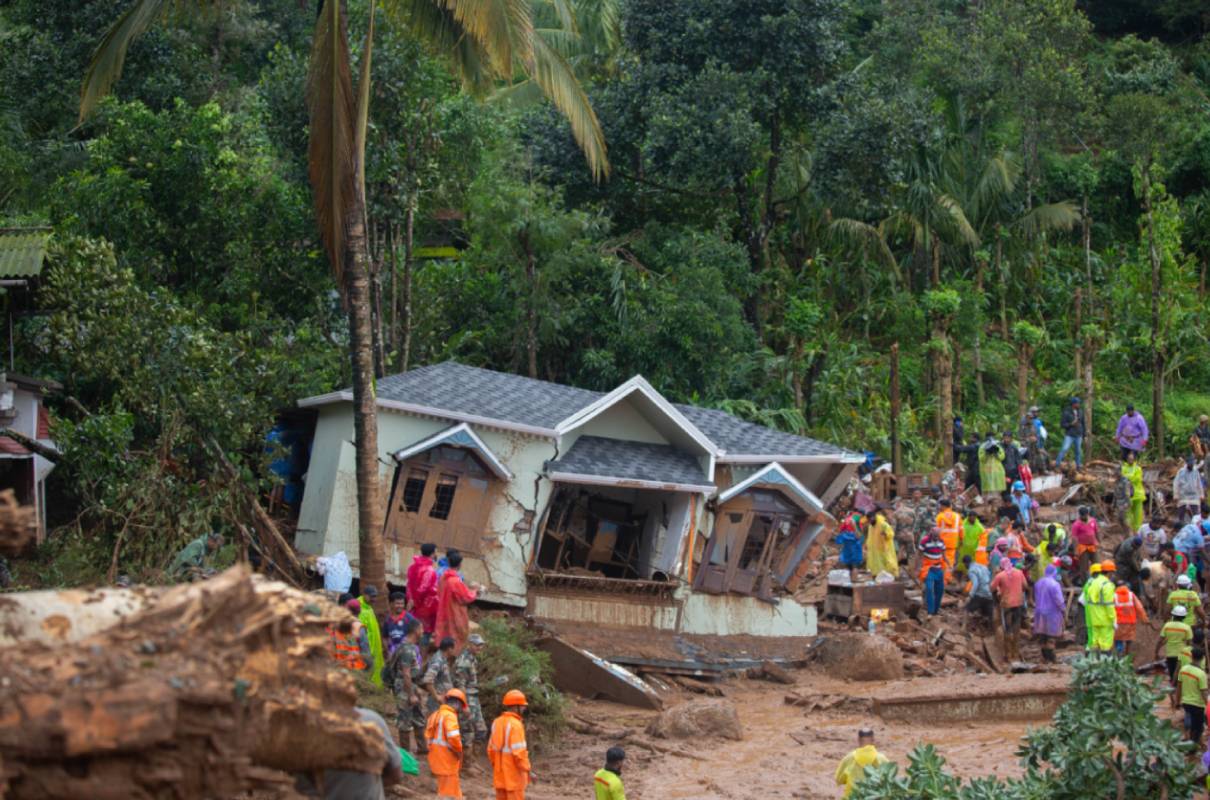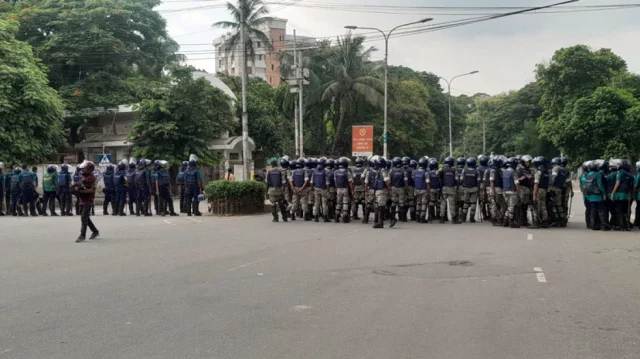Imperial College Business School Study Urges Better Labelling, Healthier School Meals, and Unhealthy Food Taxes
London — A new comparative analysis by the Imperial College Business School underscores an urgent need for more effective food policies to tackle escalating obesity rates in South Asia. The study, published in The Lancet Regional Health – Southeast Asia, advocates for better food labelling, healthier school meals, and taxes on unhealthy foods to mitigate the health impacts of ‘overnutrition’ in Bangladesh, India, Pakistan, and Sri Lanka.
Alarming Health Trends
Non-communicable diseases (NCDs) such as diabetes, cancer, and heart conditions are major health concerns in South Asia, accounting for two out of three deaths in the region in 2021. Unhealthy diets are a significant contributor to these conditions, underscoring the urgent need for improved policies and infrastructure to address the issue.
Shifting Dietary Patterns
The research, led by Professors Marisa Miraldo and Franco Sassi, found that existing food policies in these countries are inadequate to counter the negative health effects of widely available, energy-dense processed foods high in fat, salt, or sugar (HFSS), such as crisps, cakes, biscuits, and sugary drinks. The study indicates a notable rise in the consumption of such unhealthy foods, a key risk factor for NCDs.
“This lack of action by governments comes at a cost of human lives and loss of economic productivity,” said Professor Miraldo. “Our findings highlight a failure by governments to implement meaningful policies that address the impact of unhealthy food environments on unhealthy diets.”
Dr. Elisa Pineda, co-author of the study, added, “Most food policies in Bangladesh, India, Pakistan, and Sri Lanka focus on preventing food adulteration and ensuring hygiene standards. However, with changing dietary trends and the growing prevalence of obesity and diet-related diseases, there is now an urgent need for policies that address the serious health impacts of overnutrition.”
Proposed Policy Measures
To combat these issues, the research identifies several effective policy measures from other countries:
- Enhanced Food Labelling: Providing clear nutritional information to help consumers make healthier choices.
- Healthier School Meals: Developing nutrition standards and training for catering staff to ensure school meals are nutritious.
- Taxes on Unhealthy Foods: Introducing taxes on HFSS foods and subsidies for healthier options to encourage better eating habits.
- Regulating Food Promotion: Limiting the advertising and sponsorship of unhealthy foods, particularly in sports and cultural events.
The researchers also emphasized the need to improve access to affordable, healthy food options to combat malnutrition and its associated risks.
Holistic Health Approach
The study advocates for a “health-in-all-policies” approach, integrating health considerations into all sectors, including retail, advertising, city design, and transport links. This multi-sectoral action is deemed essential for addressing diet-related risk factors of NCDs globally.
Professor Miraldo concluded, “A health-in-all-policies approach with multi-sectoral action is necessary worldwide. This is essential in addressing diet-related risk factors of non-communicable diseases globally, for both adults and children.”
The research, part of the NIHR Global Health Research Unit on Diabetes and Cardiovascular Disease in South Asia, was funded by the National Institute for Health and Care Research (NIHR) with aid from the UK Government for global health research.



















